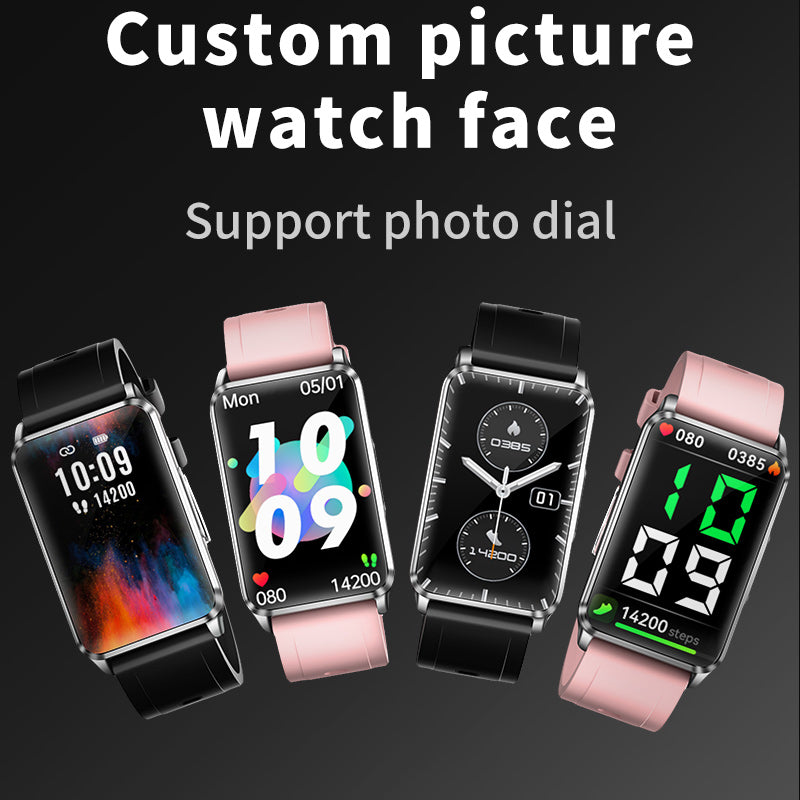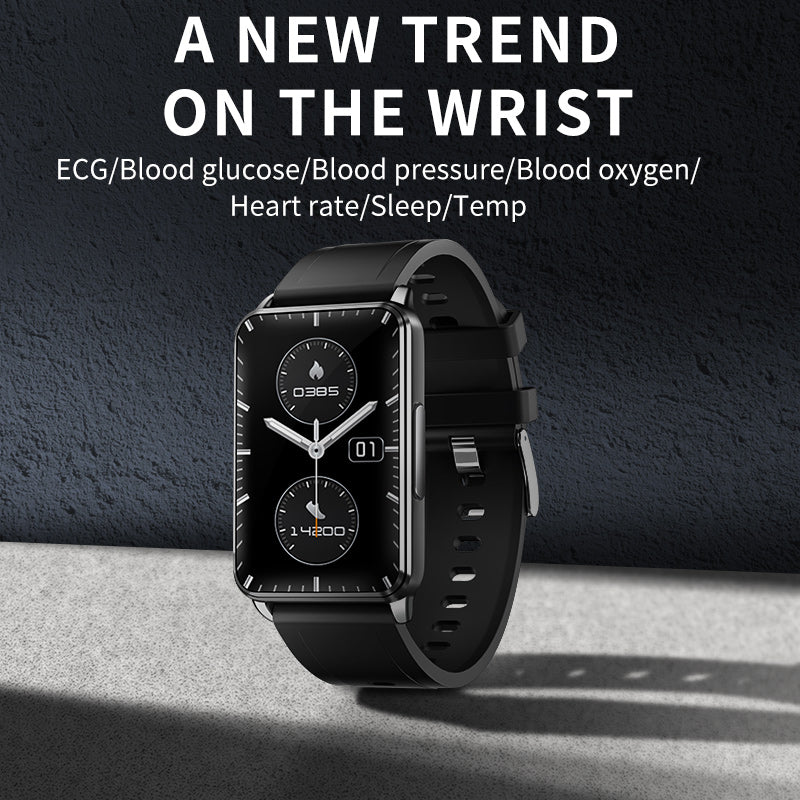Do We Really Have to Stand Up Straight?
From childhood, the advice to "stand up straight" has been ingrained in our minds as a fundamental principle for good posture. But do we really have to maintain an upright stance at all times? Is it truly essential for our health and well-being? Let's delve into the concept of standing up straight and explore the truths and myths surrounding this widely accepted notion.
Understanding Posture:
Posture refers to the position in which you hold your body while sitting, standing, or lying down. Good posture is often associated with aligning the body in a way that places the least strain on supporting muscles and ligaments during movement or weight-bearing activities.
The Myths:
Myth 1: Always Standing Upright Is Necessary.
The truth is that while good posture is crucial, it doesn't mean being rigidly upright at all times. The key is maintaining a neutral spine, which allows for the natural curvature of the spine while avoiding excessive slouching or leaning.
Myth 2: Perfect Posture Eliminates All Aches and Pains.
While proper posture can reduce the likelihood of muscle strain and pain, it may not eliminate all discomfort. Other factors such as ergonomics, physical fitness, and individual body differences also contribute to overall well-being.
The Truths:
1. Benefits of Good Posture:
-
Reduced Strain: Maintaining good posture can alleviate stress on muscles and ligaments, reducing the risk of musculoskeletal issues.
-
Improved Breathing and Digestion: Proper posture allows for optimal lung expansion and facilitates better digestion by preventing compression of internal organs.
-
Enhanced Confidence and Mood: Studies suggest that good posture can positively impact mood, self-esteem, and confidence.
2. The Importance of Dynamic Posture:
Static positions for extended periods can be just as harmful as poor posture. It's essential to move and change positions regularly to prevent stiffness and muscle fatigue. Dynamic posture involves changing positions and being mindful of body alignment during movement.
Achieving Good Posture:
-
Ergonomics: Assess and adjust workspaces and environments to promote good posture. Use chairs with proper lumbar support and adjust computer screens to eye level.
-
Exercise and Strengthening: Regular physical activity and exercises that strengthen core muscles, such as yoga or pilates, can support good posture.
-
Mindfulness: Be conscious of your posture throughout the day, whether sitting, standing, or walking. Take breaks, stretch, and adjust positions frequently.
The idea of standing up straight isn't about rigidly maintaining a specific position at all times. It's more about understanding the principles of good posture, allowing the body to align naturally while avoiding extreme slouching or strain. Posture is dynamic, and it's essential to find a balance between various positions to support overall health and well-being.
While good posture plays a vital role in our physical health and how we carry ourselves, it's equally crucial to understand that it's a spectrum, not a rigid rule. The goal is to maintain a body alignment that reduces strain, promotes comfort, and supports overall health. By cultivating an awareness of our body's positioning and making conscious adjustments, we can significantly improve our posture and, subsequently, our overall quality of life.
Continuing the discussion on maintaining good health and well-being, technological advancements have significantly impacted the way we monitor and track our physical fitness and health parameters. Introducing the innovative BP Doctor BPS2, a versatile smart wearable designed to empower individuals in comprehensively monitoring their health.
Equipped with a myriad of features, the BP Doctor BPS2 serves as an efficient health companion. It seamlessly integrates various functionalities to provide users with a holistic view of their well-being. From ECG electrocardiogram and precise body temperature measurement to independent and accurate blood oxygen measurement, this wearable device ensures accurate health tracking.
What sets the BP Doctor BPS2 apart is its ability to monitor vital health metrics in real-time, such as heart rate and respiratory rate. Moreover, the device features photoelectric automatic blood pressure measurement, ensuring convenient and reliable monitoring for users at any time.
Beyond just physical health metrics, this device also emphasizes the importance of sleep monitoring, allowing users to gain insights into their sleep patterns and quality. Additionally, the inclusion of a heart rate alarm and sedentary reminders promotes a healthier and more active lifestyle.
One distinctive feature of the BP Doctor BPS2 is its capacity for family and friends remote care. This enables users to share their health data, fostering a sense of support and well-being among loved ones.
With multi-sport mode and comprehensive exercise measurements (including steps, calories, and distance), this wearable caters to fitness enthusiasts, encouraging an active lifestyle. The feature of raising the wrist to brighten the screen offers convenience, while the anti-lost reminder ensures the device remains easily accessible.
Furthermore, the BP Doctor BPS2 integrates multiple practical functionalities such as message and call reminders, music control, remote control camera, and OTA upgrade, enhancing its utility as a multifunctional smart wearable.
Notably, the BP Doctor BPS2 also hints at a groundbreaking feature—non-invasive blood sugar monitoring, which, if realized, could revolutionize health monitoring by enabling convenient blood sugar tracking without the need for invasive procedures.
In conclusion, the BP Doctor BPS2 stands as a holistic health tracking companion, amalgamating diverse health monitoring functionalities into a single, user-friendly device. With its advanced capabilities and the promise of non-invasive blood sugar monitoring, it represents a significant leap in empowering individuals to proactively manage and monitor their health.










